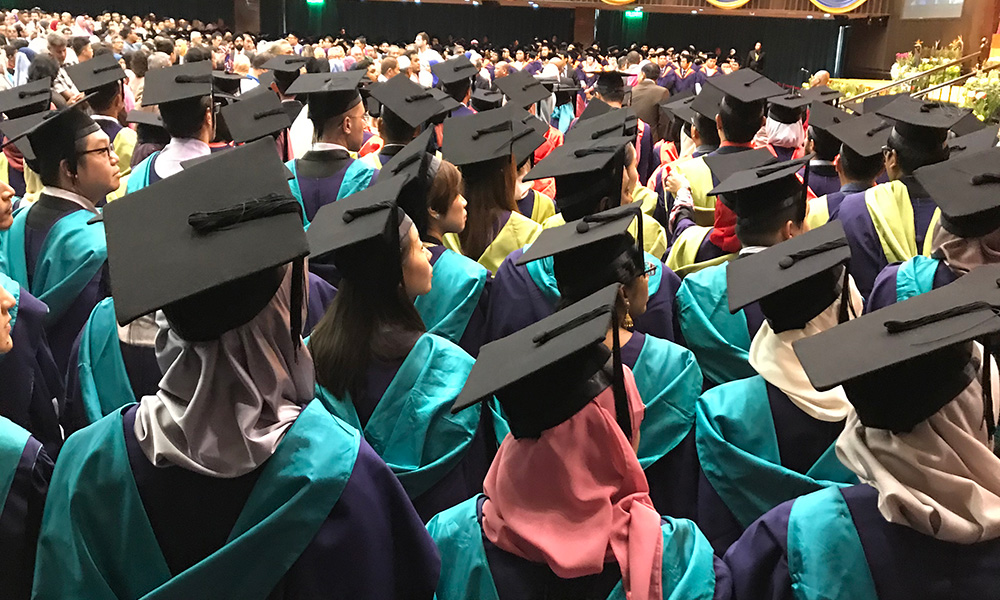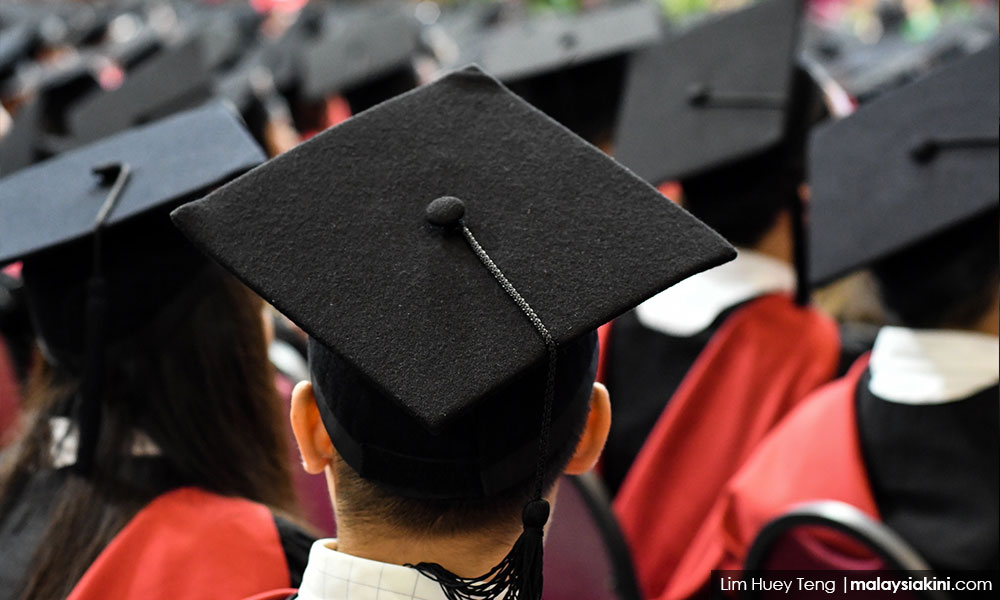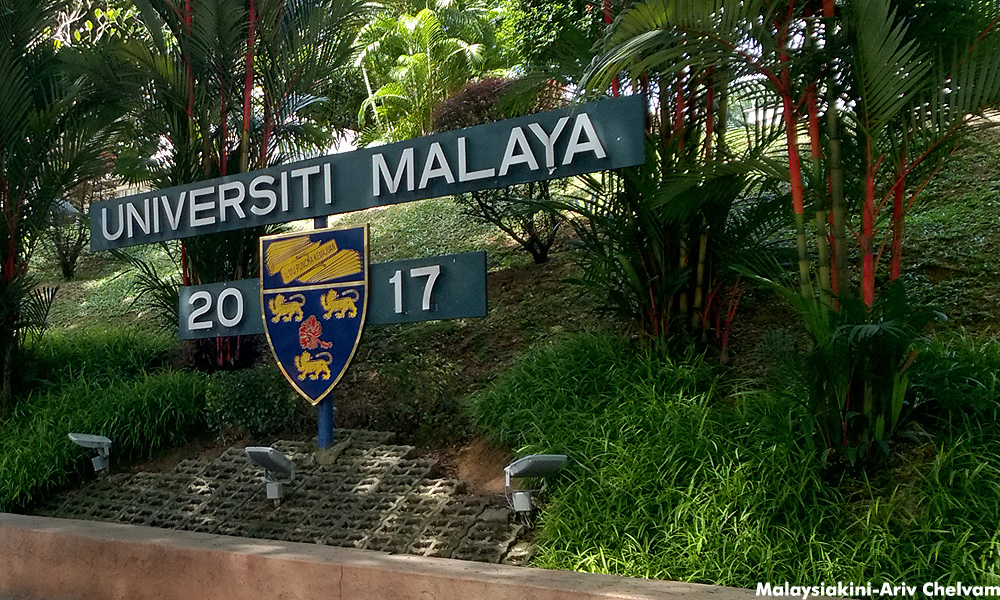
On May 26, Universiti Sultan Zainal Abidin (UniSZA) made history as the first public university in the country to appoint students to its senate. Four students, two senators and two observers, were appointed according to clause 22 of the university's statute.
The move – designed to increase students' participation in the running of the university and empower students, in line with Education Minister Maszlee Malik's push for more holistic education – attracted many reactions as anticipated.
The senate is a university's highest decision-making body which determines its general direction, as well as formulating its policies on academic, research and student matters – the three 'core business' areas.
In order to make the senate a truly representative and holistic body, it is imperative to ensure a fair and balanced representation from each.
The education minister, recognising that our university senates' current bias towards academic matters, has made known his intention to strike the right balance towards holism, in line with best practices at the world's top universities.
Of course, I am of the opinion that the current situation is a direct result of the skewed membership of senates in favour of academicians and researchers.
This is largely due to a clause in the university's statute that defines the senate as "the academic body of the University and, subject to the provisions of this Constitution, the Statutes, Rules and Regulations, shall have the control and general direction of instruction, research and examination, and the award of degrees, diplomas, certificates and other academic distinctions," as per clause 17 of the University and University Colleges Act 1971.
The senate's misguided focus on academic matters at the expense of other aspects, such as student welfare, was probably a direct result of this provision.
Another false perception it created was that a student's academic achievement is his or her sole defining success.
Quality of students
Unless and until the above is remedied, our students' impotence and incompetence will remain a part and parcel of our reality.
Industries have made no effort to hide their qualms about our students' quality, including those who graduated with first class honours. Neither their courses nor lecturers are to be blamed.
If anything, it is our system which failed them, of which an ineffectual senate is just one of the many contributors.
The senate pays little attention to our students' personal development in terms of leadership, character, as well as ethics and morals.
Despite its status as the university's highest authority, the senate has also abdicated its responsibility to oversee the university's multi-million ringgit research programmes, especially towards ensuring that their outcomes would benefit the society.
Additionally, a senate's secretariat is often managed by the university's academic affairs division instead of its registrar.
This had effectively undermined the senate's role as the 'home of university matters', i.e., the focal point for the whole university.
Amongst the first to remedy this and assign its registrar as the senate's secretariat was Universiti Malaya, the country's oldest and most prestigious university.
Division heads – including of academic development, student development, i.e., cocurriculum centres, research centres, and most importantly, leaders of student unions – should all be members of the senate to ensure a more dynamic, comprehensive and holistic participation of the three branches.
To me, only then can we deem the university senate holistic.
In conclusion, I would like to suggest that university senates be all but empowered.
It would be a waste if the senate – chaired by the vice-chancellor and packed with his or her deputies, capable faculty deans, centre heads and popularly elected professors – only discuss exam grades, new courses, thesis topics and the academic calendar.
These are a mere replication of the process at the academic affairs division under the academic deputy vice-chancellor.
Due to wastage caused by such redundancies, students' overall growth, leadership development and productive research for the society's benefit become secondary, if not totally neglected.
I fervently hope that our university senates in New Malaysia will be reborn, in line with the education minister's vision to transform our academic institutions into true 'universities for society' (U4S).
HASSAN BASRI AWANG MAT DAHAN is the vice-chancellor of Universiti Sultan Zainal Abidin. - Mkini





No comments:
Post a Comment
Note: Only a member of this blog may post a comment.